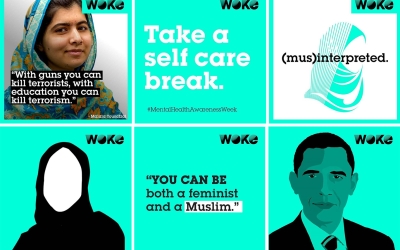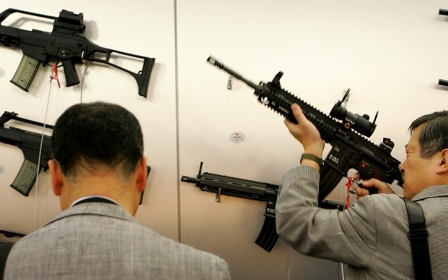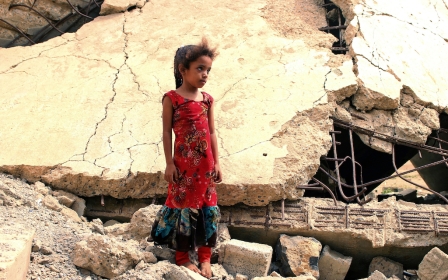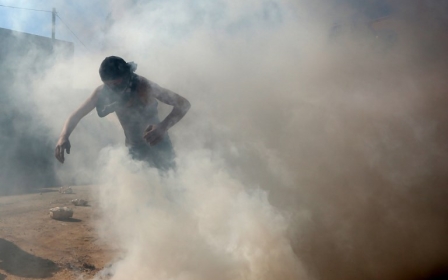Council of Europe: Barring MEE journalist from arms fair has ‘chilling effect' on press
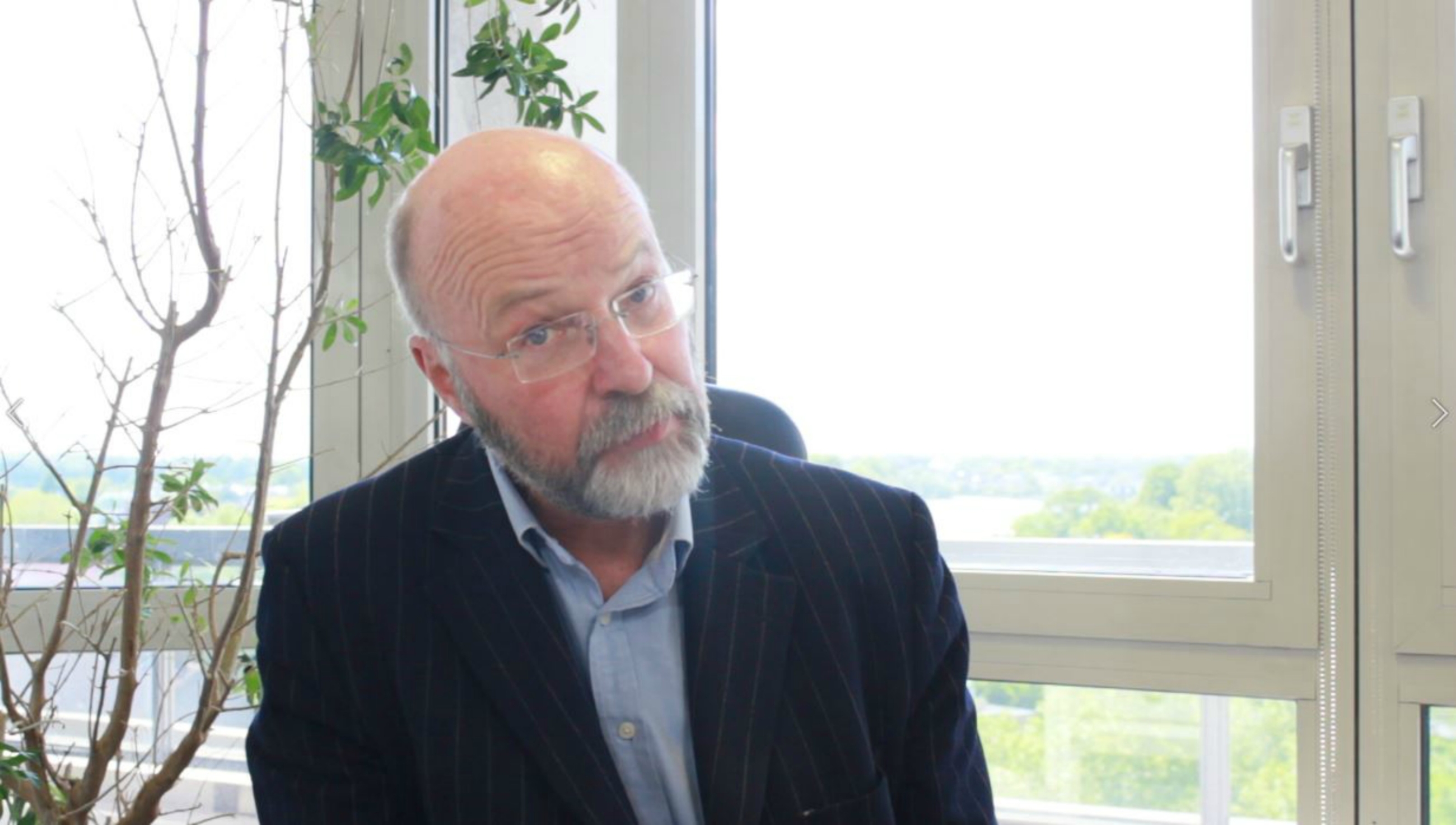
The Council of Europe has described the United Kingdom’s decision to ban a Middle East Eye journalist from attending the country’s major arms fair as having a "chilling effect on media freedom" on Friday.
The Council of Europe - whose stated aim is to uphold human rights, democracy and the rule of law in Europe - classified the move as a "threat" from the British state on its website.
Index on Censorship, the international freedom of expression advocates, had alerted the Council of Europe of the decision on Thursday.
Ian Cobain, a senior reporter with MEE, was told on Wednesday that he would not be admitted to the Defence and Security Equipment International (DSEI) fair in London on the advice of the event's security advisors.
New MEE newsletter: Jerusalem Dispatch
Sign up to get the latest insights and analysis on Israel-Palestine, alongside Turkey Unpacked and other MEE newsletters
Solomon Hughes, a journalist with the news and satirical magazine Private Eye, has also been informed that he is barred from attending the British government-backed fair.
Index on Censorship said: "On the basis that we have judged this to be an infringement to media freedom, we have notified the Council of Europe."
The UK government has been asked to provide a response.
In addition, the National Union of Journalists (NUJ) has written to the organisers of DSEI to protest the exclusion of Cobain and Hughes.
"In response to both applications for media accreditation having been denied, the NUJ would urge you to reconsider the decision to deny access and accreditation," NUJ's General Secretary Michelle Stanistreet wrote in a letter to DSEI.
The NUJ also asked for clarification on the organisation's media accreditation process. Stanistreet wrote in the letter that after being denied permission, Cobain had sent examples of his work to "demonstrate he is clearly a suitable journalist who should receive media accreditation".
'A suitable journalist'
Cobain, a veteran reporter and author who has previously worked for The Guardian and was chief reporter of The Times newspaper, was told that his accreditation to cover the event was being held up because the event's "security team" wanted to check that he was a suitable journalist to be covering an arms fair.
In an email on Wednesday, the security team said: "After reviewing your application we are unable to establish that you are a journalist/editor/production team member in a relevant field."
Cobain informed DSEI that he had been a journalist for more than 35 years, had reported on six wars, and had worked alongside the British military in Saudi Arabia, Kuwait, Bahrain, Bosnia and Northern Ireland. He also provided links to his Wikipedia page and more than 100 bylined articles.
Despite this, DSEI's security advisers informed Cobain that he would not be admitted, saying in a second email: "Unfortunately, it has not been possible to grant accreditation on this occasion."
A DSEI spokesperson subsequently denied that Cobain had been barred “as a security matter” but told MEE: "Every single registration is accepted or rejected by the security team - they have the final say."
The London-based NGO Campaign Against Arms Trade (CAAT) - which is mounting protests outside the arms fair - described the decision as "clearly politically motivated" and said it showed that the organisers were anxious to avoid scrutiny.
Earlier this year, a legal challenge brought by CAAT resulted in the courts ordering the British government to review its multi-billion dollar arms sales to Saudi Arabia and other members of the coalition.
Lawyers for the organisation had argued that the sales are in breach of international humanitarian law because of the disproportionate harm the weapons cause to civilians.
The decision to bar Cobain was taken 24 hours after the United Nations warned that the UK and other arms exporting nations could be complicit in Saudi war crimes in Yemen due to the arms sales, intelligence and logistical support they have provided.
Middle East Eye delivers independent and unrivalled coverage and analysis of the Middle East, North Africa and beyond. To learn more about republishing this content and the associated fees, please fill out this form. More about MEE can be found here.


